The content of the article
- 1 Composition of Hypericum
- 2 When is it important to use St. John's wort
- 3 Hypericum in dermatology and cosmetology
- 4 What are the therapeutic properties of a plant?
- 5 Classical medicine: scope
- 6 Traditional medicine: application
- 7 How is grass used?
- 8 Are there any contraindications to use?
- 9 Contraindications
- 10 St. John's wort during pregnancy: the benefits or harm
- 11 Can Hypericum be used to treat children?
- 12 Video: useful properties and the use of Hypericum
One of the most common medicinal plants is St. John's wort. Begins to bloom in June-August - small yellow flowers appear. The grass itself can reach 70 cm in height. St. John's wort is usually harvested at the very beginning of flowering, because it is during this period that the content of nutrients in the grass reaches its peak.
Thanks to this healing herb, you can cure a lot of various diseases:
- ARVI;
- gastrointestinal tract diseases;
- inflammatory processes in the oral cavity;
- depression and neurosis.
Dermatological ailments are also treated with the use of Hypericum, starting with minor burns and ending with ulcerative lesions of the epidermis. Let us consider in detail the medicinal properties of Hypericum, how to use the herb, in what forms of release it can be and other interesting information about the medicinal plant.
Composition of Hypericum
So, let us consider, at the expense of which substances St. John's wort becomes a reliable assistant in the treatment of many diseases:
- Geraniol - has a beneficial effect on the nervous system, helps to destroy parasites, is effective in the treatment of staphylococcus, as well as E. coli.
- Myrcene - tends to inhibit the growth of Pseudomonas purulent as well as E. coli
- Cineole is a substance through which you can adjust the work of the nervous system: improve sleep, relieve tension, increase overall tone.
- Hypericum alkaloids - with complex therapy can eliminate stressful conditions, depression, neurosis.
- Hypericin - this unique substance tends to contribute to the destruction of old cells, while provoking the formation of new ones.
- Azulen - has a healing and soothing effect.
- Saponins - prevent the development of atherosclerosis, have a mild laxative and diuretic effect.
- Hyperozide - perfectly fights against edema, also eliminates the inflammatory process, and helps to reduce the smooth muscle tone.
- Rutin is a substance that strengthens blood vessels.
- Vitamins C and P - they have the ability to prevent the appearance of cancer diseases, strengthen the immune system.
- B vitamins - a beneficial effect on the cardiovascular system.
If we talk about St. John's wort in general, this herb has the following effects on the body:
- eliminates depression;
- promotes tissue regeneration;
- has a pronounced choleretic effect;
- promotes the removal of excess fluid from the body;
- has an analgesic effect;
- is antihelminthic;
- able to relieve alcohol dependence;
- excellent antiseptic.
When is it important to use St. John's wort
Indications for use are the following states:
- diseases of the cardiovascular system;
- rheumatism, arthritis, arthrosis;
- muscle pain or joint pain;
- infectious, viral diseases;
- diseases of the gastrointestinal tract, in particular, the stomach and liver;
- urogenital diseases;
- hemorrhoidal knots;
- depression, neurosis;
- skin problems - acne, acne;
- age-related changes in the form of wrinkles, loss of skin turgor;
- seborrheic dermatitis;
- cracks in the skin;
- alopecia (baldness).
Consider all the items in detail.
Hypericum in dermatology and cosmetology
As mentioned above, the medicinal plant has very successfully established itself in the beauty industry. This is due to the fact that St. John's wort perfectly fights with age-related changes in the skin, such as nasolabial wrinkles, “crow's feet” in the eye area, loss of facial turgor. The herb is used in the fight against seborrhea, to eliminate acne and comedones.
You can use St. John's wort in the following cases:
- very oily or too dry skin of the face;
- dandruff caused by seborrhea;
- wilting of the skin;
- cracked heels;
- baldness - helps prevent hair loss;
- pustular lesions of the skin.
Before use, it is necessary to consult a doctor - in order to know for sure whether you have an individual intolerance to a medicinal herb.
What are the therapeutic properties of a plant?
Many people call St. John's wort grass from 99 diseases - and this is true. Thanks to decoctions, tinctures, you can get rid of almost any disease, with the condition if you apply the mixture regularly. To make tinctures can be both independently and purchased at the pharmacy.
Classical medicine: scope
In official medicine, they use both dried grass itself and various drugs in which it is found.
Medicinal plant is important to apply for the following diseases:
- Diseases of the digestive tract. These include diarrhea, biliary tract dyskinesia, bloating, liver disease, etc.
- Ailments of the oral cavity, such as stomatitis, inflammation and bleeding of the gums, sore throat.
- Nervous system disorders. They prescribe Hypericum in case of insomnia, anxiety, neurosis, and depression with depression.
- Skin diseases. There are special preparations, which include St. John's wort. They are used for purulent or infected wounds, burns, abscesses. It is noteworthy that even Staphylococcus aureus can be cured with the use of Hypericum - despite the fact that the infection is resistant even to penicillin preparations.
Due to the fact that the medicinal herb contains special essential oils, it is possible to normalize intestinal motility, to eliminate flatulence. Also, due to the essential oils, a choleretic effect is achieved.
Numerous clinical studies have been conducted that have proven that with regular use of Hypericum broth, you can get rid of depression. It is noteworthy that you can achieve even more pronounced effect than when taking light antidepressants. In this case, the harmful effects on the liver and other organs will be much lower. The preparations, which include St. John's wort, eliminate anxious thoughts, contribute to the normalization of the general emotional state, and also improve mood.
Traditional medicine: application
Important: positive dynamics during therapy can be achieved only if the person knows his diagnosis exactly, he knows the method of treatment and is sure that he has no contraindications to the use of Hypericum. If the case is neglected or there are concomitant illnesses, in such cases traditional methods of therapy should be combined with traditional medicine, and the method must be approved by the doctor.
Folk healers recommend the use of St. John's wort in such diseases:
- heartburn, accompanied by flatulence;
- gastritis with low or high acidity;
- cardiac arrhythmias - tachycardia or arrhythmia;
- burn lesions of the skin;
- various viral and infectious diseases;
- diseases of the central nervous system, first of all - depression;
- sinusitis;
- alcoholism and other addictions.
How is grass used?
Meet the Hypericum can be in the following forms:
- tincture on alcohol;
- tincture on water;
- decoction;
- tea with healing properties;
- ointment.
Very popular are the means, which include not only St. John's wort, but also other medicinal plants. As a result, we get a synergy effect - herbs multiply the effects of each other, which allows to heal much faster.
It is possible to make a healing broth or tincture at home - it will not make much effort, and the method of manufacture is indicated on any package. You can buy St. John's wort either in bulk or in filter bags. Experts say that it is much more convenient to take a medicinal plant in bulk, because the bags are intended for the preparation of healing tea.If you know exactly what St. John's wort looks like - you can easily assemble it yourself, the plant often lives in the wild. However, it must be remembered that the grass should be collected away from highways, factories - there the plants are saturated with harmful substances, therefore, the decoction of them will no longer be so healing.
The collection is carried out when the plant begins to bloom. Cut the grass as close as possible to the ground. Next - you need to dry the St. John's wort. To do this, it is divided into bunches, and hang down the crown. The best option is to dry the plant under a canopy - this is due to the fact that it is necessary to avoid exposure to sunlight.
Are there any contraindications to use?
You can not use St. John's wort all the time, because it can cause the appearance of allergic reactions in the form of urticaria, and in men in some cases - impotence. Women also need to remember that the treatment with the use of Hypericum can significantly diminish the effect of contraceptives, which is fraught with unwanted pregnancy.
Do not take medicinal herbs in large quantities, as this may cause the following negative effects:
- Strong headache;
- nausea;
- vomiting.
Due to the fact that St. John's wort is negatively combined with antibiotics, you should not take tinctures and decoctions, if a person has a high temperature.
When pregnancy is not prescribed treatment with hypericum, because it can provoke a miscarriage, even in a healthy woman. You also do not need to use this medicinal plant in the case of a person having high blood pressure.
When therapy with the use of Hypericum should observe the following precautions:
- You should not drink strong coffee, as well as alcoholic beverages.
- In order to achieve a pronounced therapeutic effect, it is desirable to eat healthy food, and smoked foods, sweets, pickles for a while to forget.
- Do not take St. John's wort if the doctor has already prescribed antidepressants. St. John's wort itself is such, so with therapy you can come to negative consequences. Many patients reported confusion, anxiety, anxiety, etc.
- Tea with the addition of Hypericum actively used in diseases such as gastritis, ulcers, cholelithiasis, etc. But it is worth remembering that everything should have its own measure - if excessive consumption of hypericum can cause stomach cramps, as well as bloating.
- With anesthetic drugs, St. John's wort should be used solely as prescribed by a doctor, with caution. This is due to the fact that the herb can change the effect of drugs - it will either disappear or will last longer.
- With prolonged treatment may be constipation, bitterness in the mouth, as well as poor appetite.
Contraindications
Consider in what cases it is better to refuse treatment with a hunter:
- cirrhosis of the liver;
- nephritis;
- when using drugs that affect blood clotting;
- if you plan to sunbathe - the grass increases sensitivity to ultraviolet rays.
St. John's wort during pregnancy: the benefits or harm
We all know very well that women in the situation are forced to abandon medicines - due to the fact that they can cause significant harm to the fetus. That is why many future moms turn to medicinal herbs - as you know, most of them are not dangerous, do not cause allergic reactions.
However, even at first glance, safe herbs can be detrimental to a pregnant woman. It is to this group of funds that St. John's Wort refers. Of course, this plant has a lot of positive qualities - it fights against many diseases, acts as a prophylactic agent, it can be used in complex therapy. Hypericum perfectly copes with depressive conditions, diseases of the stomach and biliary tract.
The grass contains a special substance called hyperin. That is what helps to eliminate depression and improve mood. Nicotinic acid allows you to adjust the metabolic processes, is responsible for the digestibility of the protein. Thanks to the hunter can also strengthen the walls of blood vessels. It seemed - one good for a pregnant woman, what's the catch?
The fact is that a medicinal plant has the ability to increase blood pressure - it is harmful for the future mom. But even this factor is far from the main one - the grass causes uterine contractions, which may well provoke a miscarriage, or cause irreparable damage to the health of the future baby.Therefore, if there is a desire to make a child calmly and without unnecessary problems, it is better to refuse therapy with the use of Hypericum, or to take the herb strictly according to the doctor's prescription, in no case exceeding the dosage.
Can Hypericum be used to treat children?
As we have already managed to make sure, this herb is quite useful and effective, however, it is not for everyone to carry out treatment with hypericum. Among the main contraindications - high blood pressure, as well as the period of pregnancy. From here, a completely adequate question is brewing - is it possible to treat young children with decoctions and tinctures made from hypericum?
All doctors argue that it is possible to carry out therapy, but this must be done very carefully, in no case exceeding the prescribed dosage. The best option is to talk with the doctor in advance, perhaps he will prescribe a complex of herbs, due to which the concentration of Hypericum will be reduced.
For children it is useful to take St. John's wort during the harvest period - when there is a large amount of vegetables and fruits.It was at this time, thanks to weak decoctions, that stomach problems can be avoided - in children they often arise as a result of the abuse of fiber. Be sure to make sure that the baby is not allergic to the medicinal herb. Also do not forget to consult a doctor.
Of course, St. John's wort is a medicinal plant, thanks to which you can get rid of many diseases. But it is worth remembering that everywhere you need to know the measure, and be careful - even if you use natural herbs for the treatment. Do not take a decoction for people with hypertension, pregnant women, children, St. John's wort prescribed with caution. Even if you are sure that there are no contraindications - before you begin therapy, you need to consult with the doctor and make sure that you do not have an individual intolerance to the medicinal plant.
Video: useful properties and the use of Hypericum

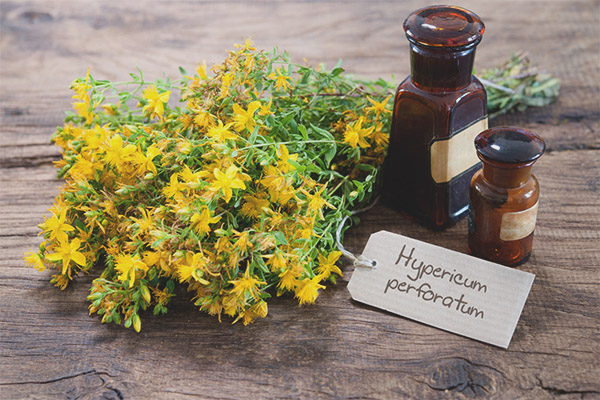
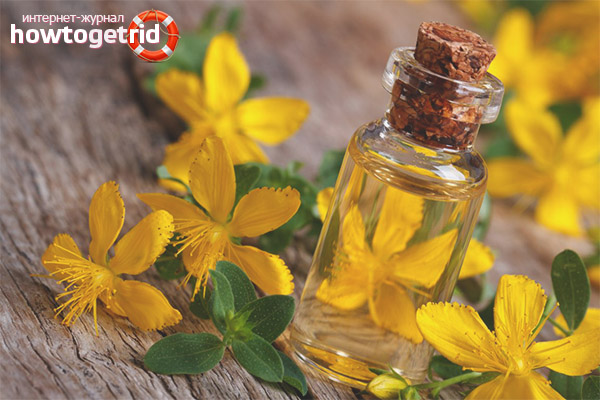
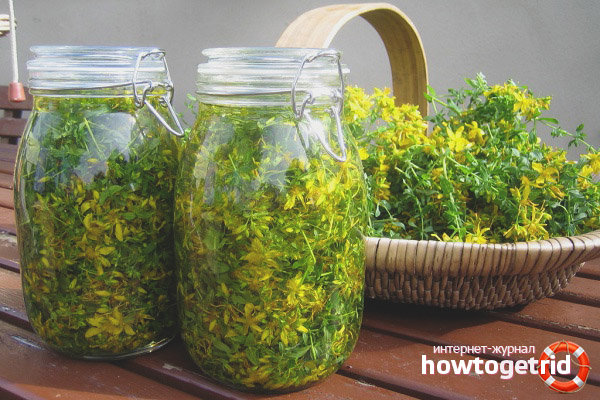
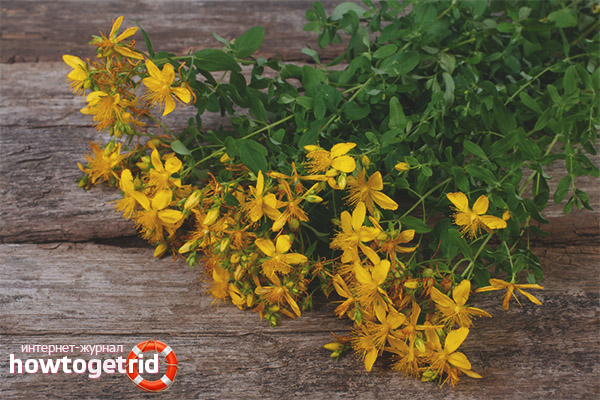

 8 votes, on average: 4,75 out of 5
8 votes, on average: 4,75 out of 5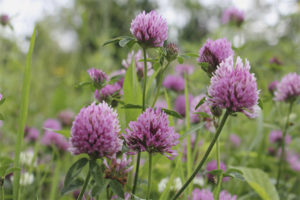
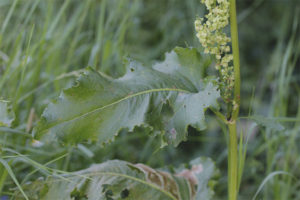

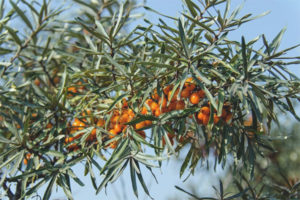
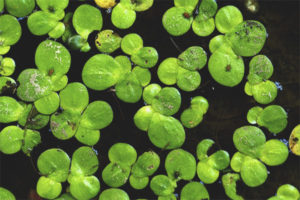
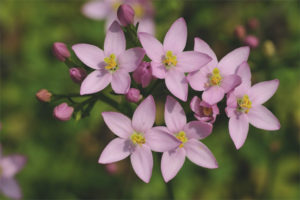
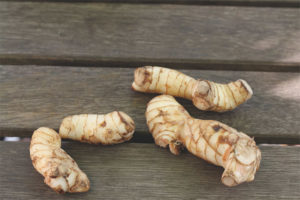
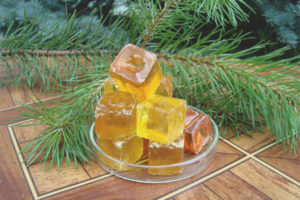
To send